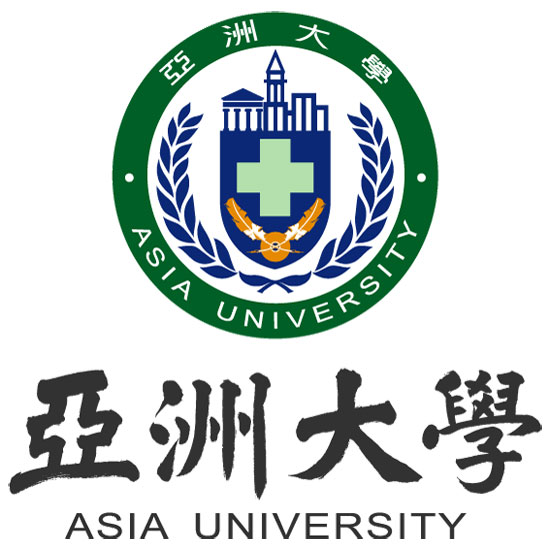Biosensing and computation laboratory
Research Field
Wen-Pin Hu received his B.S. degree in Mechanical Engineering from National Sun Yat-sen University in Kaohsiung City, Taiwan. He completed his M.S. and Ph.D. degrees at the Institute of Biomedical Engineering at National Cheng Kung University in Tainan City, Taiwan. He was a visiting scholar at the University of Washington in Seattle, USA, from August 2005 to March 2006. His research interests include biosensors, biomolecular simulations, aptasensors, biomechanics, and more. Recently, his research has focused on the refinement of aptamers using computational approaches, the application of aptamers in sensors, and pressure sensing insoles for gait analysis.
The primary research focus of this laboratory is on biosensors and computer-aided aptamer screening. We apply existing technologies such as molecular simulation and artificial intelligence to analyze and predict numerous aptamer sequences, their structures, and their binding affinities with target proteins using computational methods.
After computational analysis, candidate sequences with high binding affinity to target proteins are identified and initially tested using enzyme-linked immunosorbent assay (ELISA). Further validation is conducted through quartz crystal microbalance (QCM), surface plasmon resonance (SPR) biosensors, or field-effect transistor (FET) biosensors for more detailed analysis.
Our laboratory is equipped with the necessary instruments for basic biological experiments, as well as computers capable of performing molecular simulations. Additionally, we have pressure-sensing insoles for gait analysis experiments, which can be utilized for assessing certain aspects of physical performance.
Recent Research Projects
National Science and Technology Council, Taiwan
Project Title: Computational Design of Aptamers and Silicon Nanowire Field-Effect Transistor for Erythropoietin Sensing Applications
- Project Number: NSTC 113-2221-E-468-002
- Project Duration: 2024/08/01 – 2025/07/31
Project Title: Development of an Aptamer-Based Enzyme-Linked Aptamer Assay for Interleukin-17A Detection
- Project Number: NSTC 112-2221-E-468-003
- Project Duration: 2023/08/01 – 2024/07/31
Inter-School Cooperation Plan (Asia University and China Medical University Hospital)
Project Title: Computational Screening of Specific Aptamers for SARS-CoV-2 Nucleocapsid or Spike Protein (Principal Investigator)
- Project Number: ASIA-110-CMUH-04
- Project Duration: 2021/11/01 – 2022/10/31
Project Title: Simulation and Experimental Study of Novel DNA Aptamer Sequences Binding to Prostate-Specific Antigen (Principal Investigator)
- Project Number: ASIA-110-CMUH-05
- Project Duration: 2021/11/01 – 2022/10/31
- 2015 Outstanding Award in Digital Innovation Teaching Materials, Asia University
- 2019 Outstanding Award in Digital Innovation Teaching Materials, Asia University
- 2022 Certificate of Participation, International Online Conference on Bilingual Education: Teaching Practices and Challenges
Ph.D. Degree. Institute of Biomedical Engineering, Sep,2001~Nov,2006
National Cheng Kung University, Tainan City
Master's Degree, Institute of Biomedical Engineering, Sep,1999~Jun,2001
National Cheng Kung University, Tainan City
Bachelor's Degree, Mechanical Engineering, Sep,1995~Jun,1999
National Sun Yat-Sen University, Kaohsiung City
1 Vacancy
Job Description
Experience in at least one of these areas is acceptable.
1. A biological laboratory operator responsible for conducting enzyme-linked immunosorbent assays (ELISA) or performing measurement experiments using biosensors.
2. An individual capable of performing biomolecular simulations.
Preferred Intern Education Level
BS, MS, and PhD students
Skill sets or Qualities
Biomedical Engineering, Biotechnology, Computer Science, Bioinformatics, Biochemistry
Proficiency in English with minimum scores of TOEFL (iBT) 71, TOEFL (CBT) 197, IELTS 5.5, or TOEIC 700.
